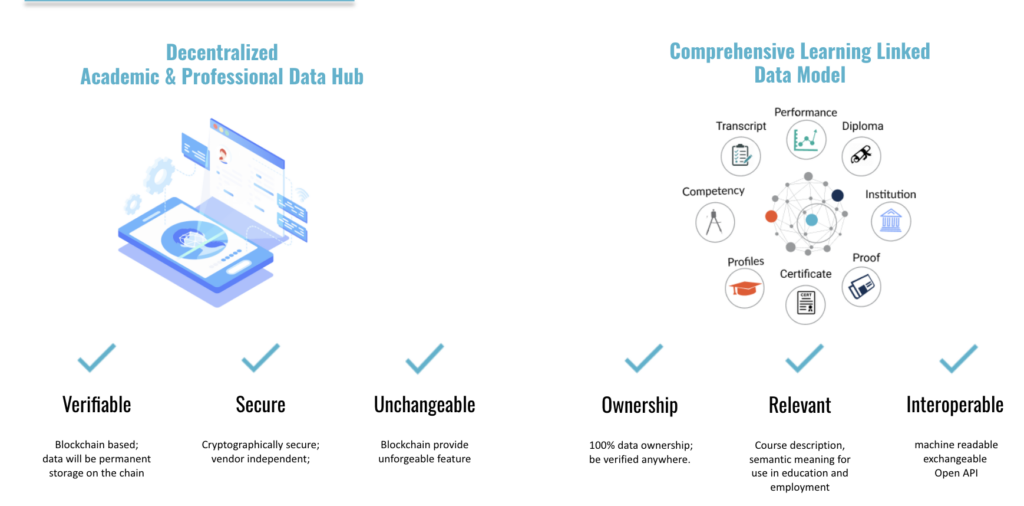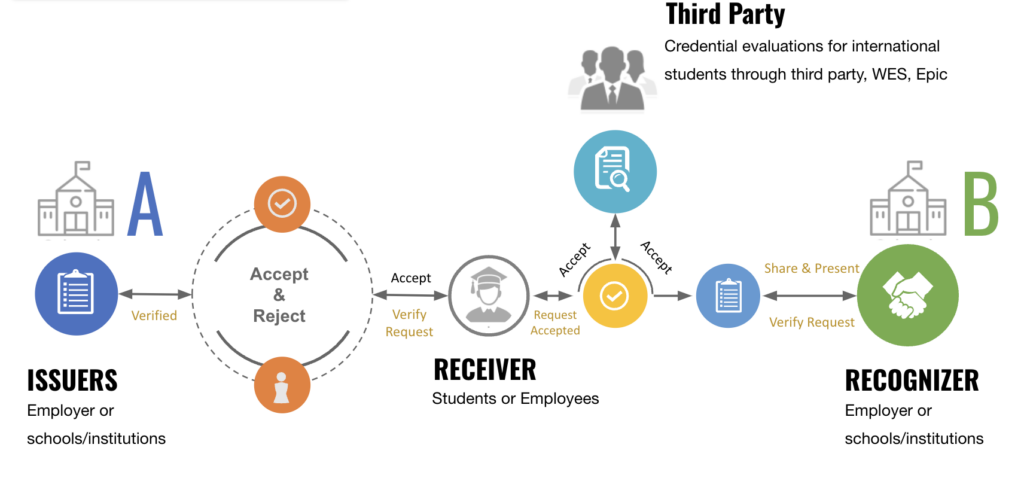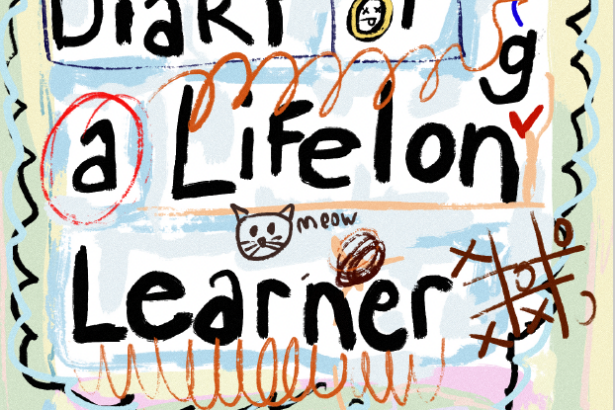Project Description:
The Competency-Based Academic & Professional Credentials Data Hub is a project that has evolved to address the pressing need for a dynamic, skills-oriented approach to education and employment in a rapidly changing world. Initially conceived as a platform for bridging the gap between job seekers and employers, it has undergone a significant transformation, focusing specifically on medical credentials.
Our project’s essence lies in reimagining how we measure and recognize competence in various fields, with a particular emphasis on the healthcare industry. It leverages technology to facilitate the assessment and recognition of competencies, both hard and soft skills, which are often inadequately captured by traditional academic degrees and certifications.
In designing this project, we’ve explored the nuanced relationship between competency-based learning and the needs of today’s learners and employers. It offers a novel approach to understanding learning design in the following ways:
- Shift from Credentials to Competencies: We recognize that competence in a given field goes beyond the acquisition of degrees or certifications. This project shifts the focus from what individuals possess on paper to what they can do in practice. It helps us understand that learning design should prioritize the development of practical skills and competencies that are directly applicable in the real world.
- Adaptability in Education: Our project underscores the importance of adaptability in education. It acknowledges that the needs of the job market are not static and that education must evolve to meet these changing demands. By focusing on competency-based learning, we advocate for flexible and responsive educational models that align with the skills required in various industries.
- Collaboration with Stakeholders: The transition to medical credentials necessitates close collaboration with healthcare institutions and professionals. This collaboration emphasizes the importance of involving stakeholders in the learning design process. It’s a reminder that effective education design should consider the input and expertise of those who are intimately familiar with the industry’s intricacies.
- Impact on Real-World Outcomes: Ultimately, this project is about improving real-world outcomes, particularly in the context of healthcare. It demonstrates that learning design should not be detached from the impact it has on individuals and society. Competency-based education aims to produce professionals who can immediately contribute to their respective fields, highlighting the practicality of the learning journey.


this is the new data system for Medical students, including adding certificates and also renew their license.




